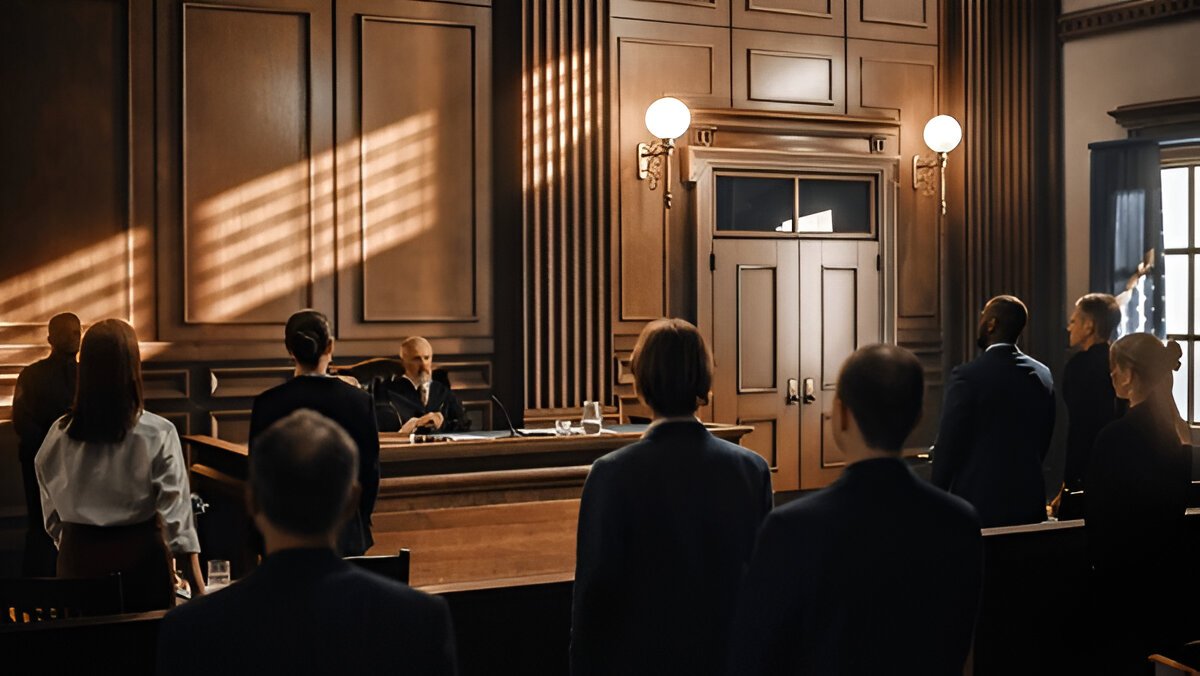Introduction
In a landmark ruling, the Supreme Court held that a complainant in a Section 138 NI Act case is a “victim” under Section 2(wa) CrPC and thus entitled to file an appeal against acquittal under the proviso to Section 372 CrPC. The judgment overturns the Madras High Court's refusal to grant leave under Section 378(4) CrPC.
Facts of the Case
The complainant, M/s Celestium Financial, filed a complaint under Section 138 of the Negotiable Instruments Act, 1881 against the respondent, alleging dishonour of a cheque. The trial court acquitted the accused. The complainant sought to appeal the acquittal before the Madras High Court under Section 378(4) CrPC, but the High Court rejected the application for leave to appeal. The complainant then approached the Supreme Court.
Issues
- Whether a complainant in a Section 138 NI Act case qualifies as a “victim” under Section 2(wa) CrPC?
- Whether such a complainant can file an appeal against acquittal under the proviso to Section 372 CrPC, instead of seeking leave under Section 378(4) CrPC?
Contentions of the Petitioner
The complainant argued that the dishonour of cheque caused economic loss, qualifying them as a "victim" under Section 2(wa) CrPC. Therefore, they are entitled to appeal under the proviso to Section 372 CrPC, without requiring leave under Section 378(4).
Contentions of the Respondent
The respondent contended that Section 138 proceedings are initiated by a private complaint, not by the State, and hence the complainant should follow Section 378(4) route, requiring leave to appeal. It was argued that the complainant does not fit within the CrPC framework of “victim” in criminal prosecutions.
Court’s Analysis
The Court examined Section 2(wa) CrPC, defining "victim" as one who has suffered loss or injury due to an act or omission of the accused. The Court held that in Section 138 cases, the complainant suffers economic loss due to dishonour of the cheque, and is therefore a victim. The Court clarified that a person “charged” includes one deemed to have committed an offence under Section 138 NI Act due to the statutory presumption and penal consequences. It held that the proviso to Section 372 CrPC, inserted in 2009, is broad enough to apply to such complainants. The Court emphasized that the complainant need not seek special leave under Section 378(4) when they have a direct right under Section 372.
Conclusion
The Supreme Court set aside the Madras High Court's judgment and granted liberty to the complainant to file an appeal under the proviso to Section 372 CrPC. The Court affirmed that the complainant under Section 138 NI Act is a “victim” and has a statutory right to appeal against acquittal without leave.

